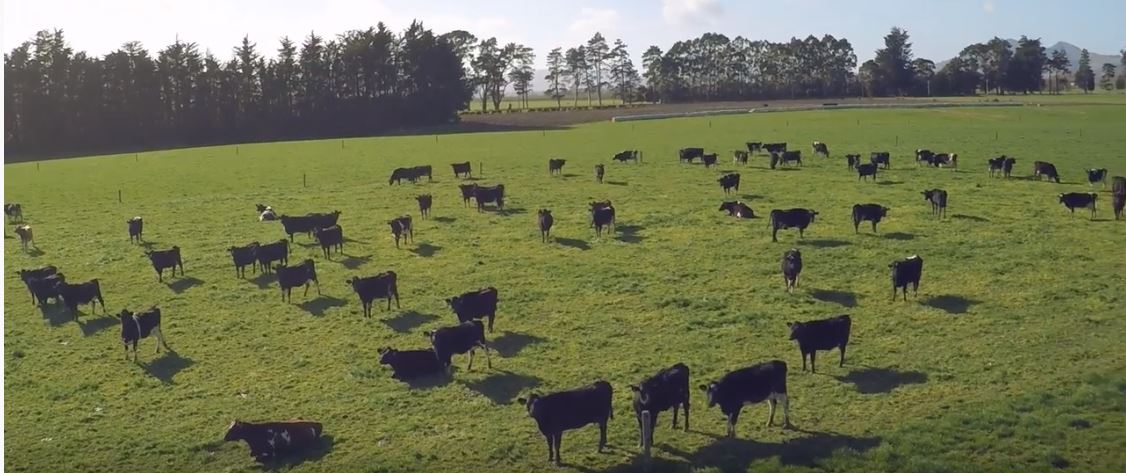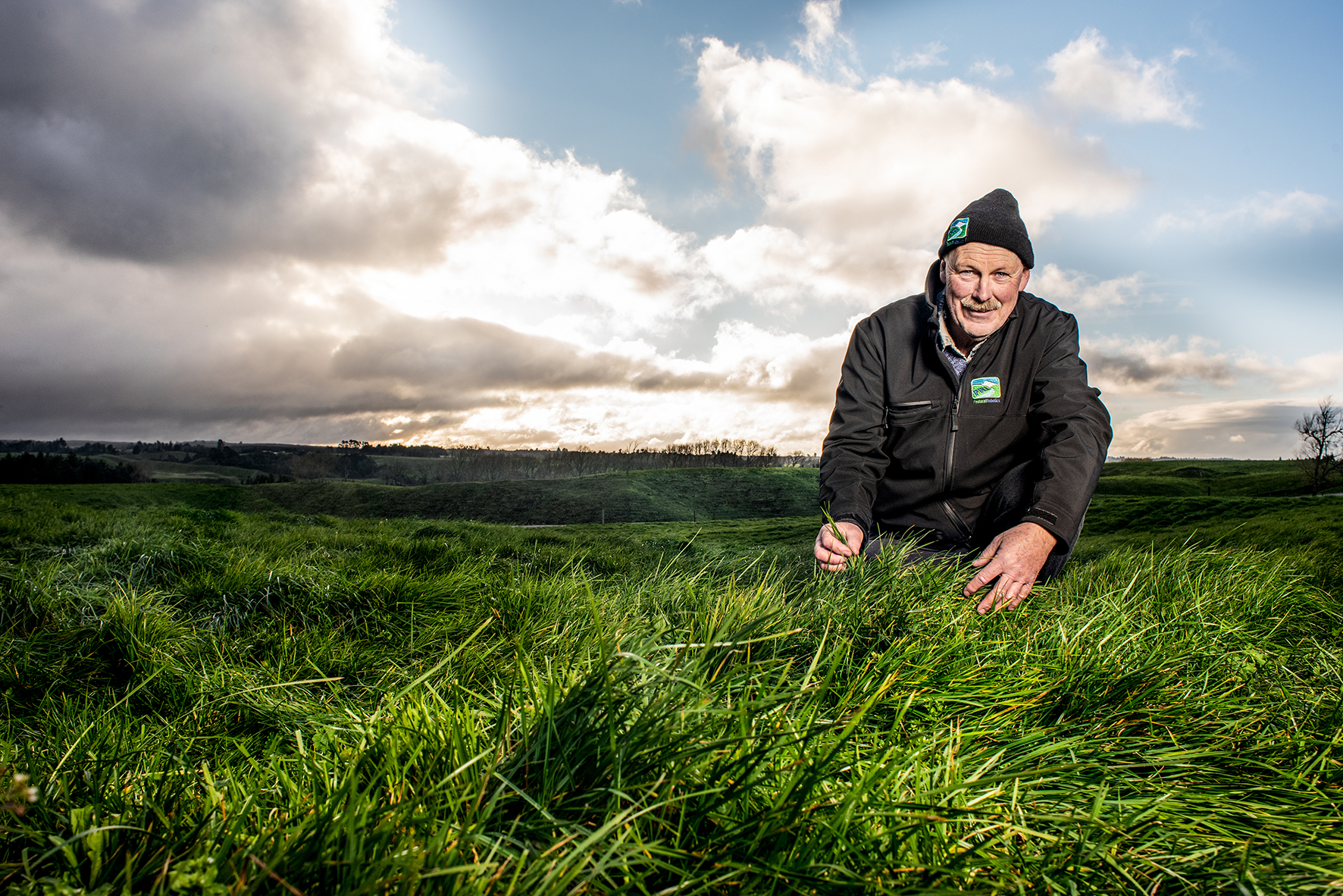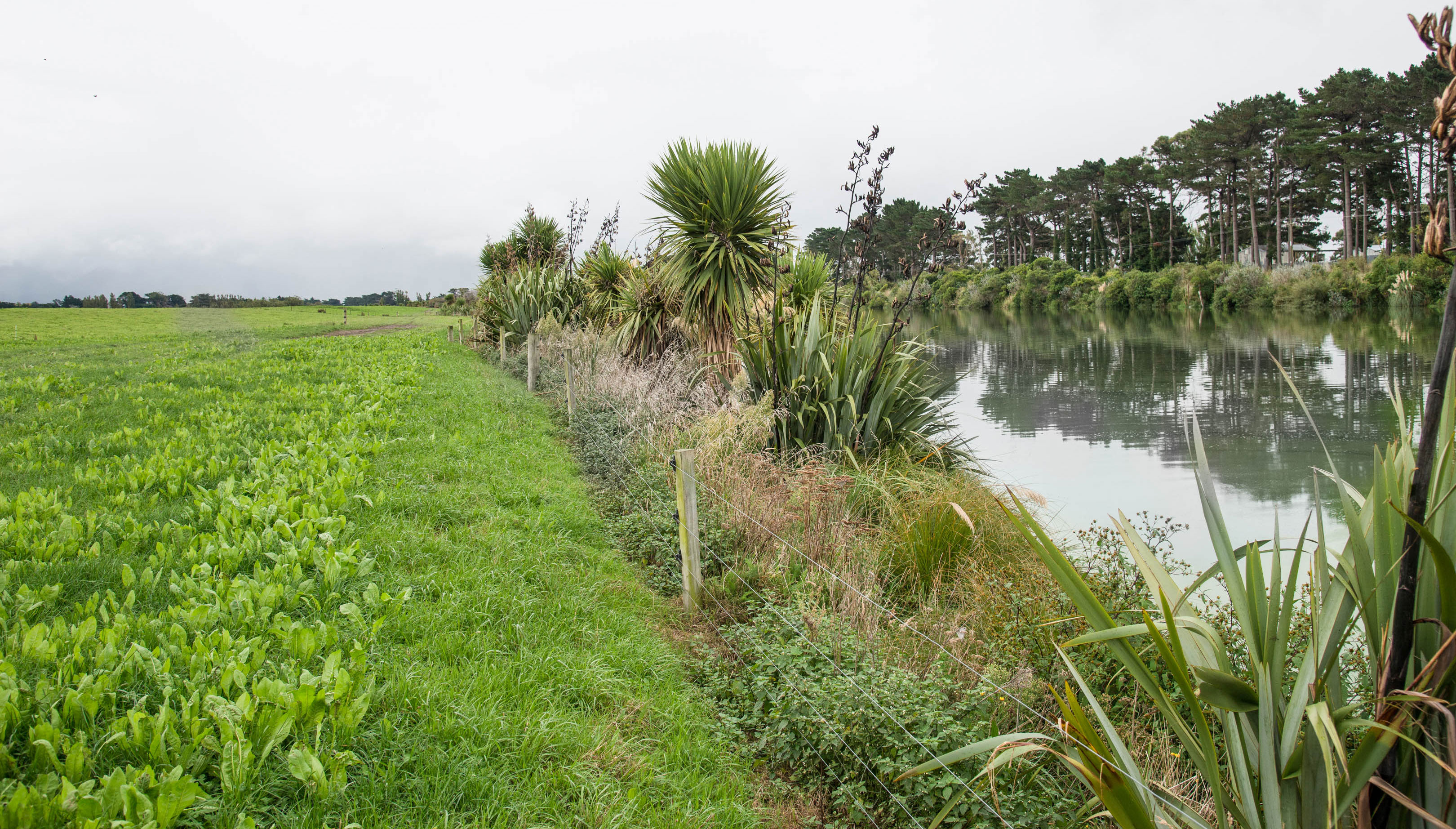Sustainability sparks new role
Major dairy group puts spotlight on environment with new management position.


A 4400ha central Hawkes Bay dairy farming operation is taking sustainability so seriously it has created a senior role specifically to oversee its environmental planning.
The Waipukurau-based BEL Group operates nine dairy farms, milks 9440 cows and employs 70 fulltime staff and has appointed Robert Barry in a new position as its sustainability lead.
Barry’s brief is to look after 16 farm environmental plans and nine dairy effluent consents to work towards a more sustainable future.
The group, which also runs a dairy support unit covering five Leased, three owned dry stock properties, operates in the Tukituki River catchment. The Hawkes Bay Regional Council is formulating a plan to sustainably manage the land and freshwater for recreation, ecosystem health, safe drinking water, lower algae growth, primary production and processing.
BEL Group CEO Cameron Gillatt says the Tukituki catchment plan changes are mandatory and, while many farmers are already heading in the right direction, some will have to change the way they farm.
He says it will be a tough ask to meet the council’s nutrient loss targets, “but we’re here to front-foot things, to stay ahead of the game.”
Gillatt says the environmental plans “took about 12 months to get ready to submit to council and, once we saw how big that job was, we decided to bring Rob (Barry) into this job.”
Barry is the son of the business owner Andrea Barry who, with her late husband Peter, bought Parkhill farm in 1994 before adding further farms and combining them into the BEL Group in 2000. Parkhill last year won the East Coast Ballance Farm Environmental Awards.

Barry was previously working at the group’s two Barry Farms – themselves award winners having picked up the Predator Free NZ Award and shared the DairyNZ Sustainability and Stewardship Award.
He says the group is preparing a regeneration plan across its business to ensure the farms can be entered into the Emissions Trading Scheme if required.
BEL Group runs scenarios through Overseer, a tool that measures a farm’s nutrient losses into the water and atmosphere and greenhouse gas emissions.
“You can model different farming practices and have your cows on the feedpad for more time, or fewer cows,” Barry says. “It’s about fine-tuning our business so we’ve got a balance between environmental outcomes, profit, community and employing people.”
Some of BEL’s properties fall into the Tukipo sub-catchment, one of the region’s poorest water-quality areas and the group is helping lead other farmers there – the sub-catchment covers 22,000ha and 114 properties – in a drive to change that.
Fonterra Grassroots Farms project has supported this initiative, supplying two water testing kits. It has also bankrolled $30,000 to identify wetlands within the catchment and BEL Group is working to find spots where run-off can be filtered and slowed to help meet required water quality levels.
Both Gillatt and Barry also believe in working smarter and following a philosophy of minimising waste: “It’s trying to make sure our workplace is tidy, clean and organised so that when we need a tool we can find it faster – and making sure people are proud of where they’re working,” says Barry.
BEL Group is also growing about 1000 plants a year - and another 400 for a local DOC reserve - at a shade house it has extended at a local school. In the past the group bought plants directly from nurseries but is now using seeds procured from the local bush because they are strong and used to the climate.

“It gets word out to the next generation,” says Barry. “They’re going to be smarter and more savvy and environmentally aware than us, that’s for sure.”
One of the BEL Group farms has an 8ha block administered by the QEII National Trust and Barry has placed 10 NZauto-traps to reduce pest numbers there.
“They’ve only been in for about two months and they’re already having a positive impact,” he says. “It’s exciting – if we can add more trees, more riparian strips, retire more bush blocks and kill more pests we’re going to have a positive impact on the bird count.”
Barry, Gillatt and Andrea Barry all agree they are frustrated about the image of dairy farming. Andrea says they do care about the environment.
“We’re not dairy farming just to make money,” she says. “It’s our lifestyle as well. We employ 70 people in Central Hawkes Bay and that’s a lot of people (and their families) we have a commitment to.”
Gillatt says this number represents just direct employees as many contractors and other businesses also operate with BEL Group.






